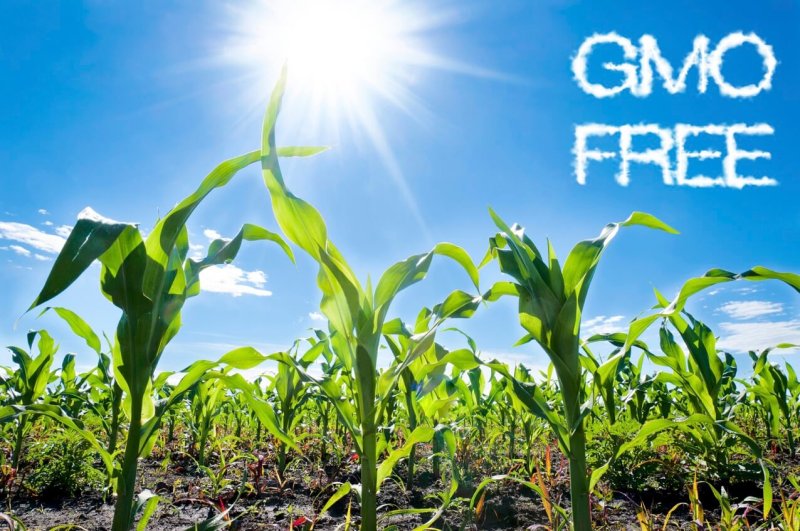Current GMO regulation is crippling advancements in sustainable development and food security, according to agricultural economist Matin Qaim, who told FoodNavigator he is optimistic EU law can be adjusted to be ‘more science-based’.”
New plant breeding techniques, including genome-editing tool CRISPR/Cas, can contribute significantly to food security and sustainable development, according to an international group of researchers. In their new plant breeding techniques for food security article, published in Science, the researchers argue that less-restrictive regulation of genome-edited crops in the EU could send positive signal to developing countries which suffer most from food insecurity.
…
Further, new regulations would allow for more diversity in seed markets, he continued….Using transgenic GMOs as an example, Qaim said limited public acceptance of this technology, coupled with high regulatory hurdles, has contributed to a concentration of biotech developments in only a few major crops, and in the hands of only a few multinationals. We should be careful not to repeat the mistakes that were made with GMOs, he said.
Read full, original article: GMO ‘overregulation’ hinders tech development, market diversity, and food security, says researcher































